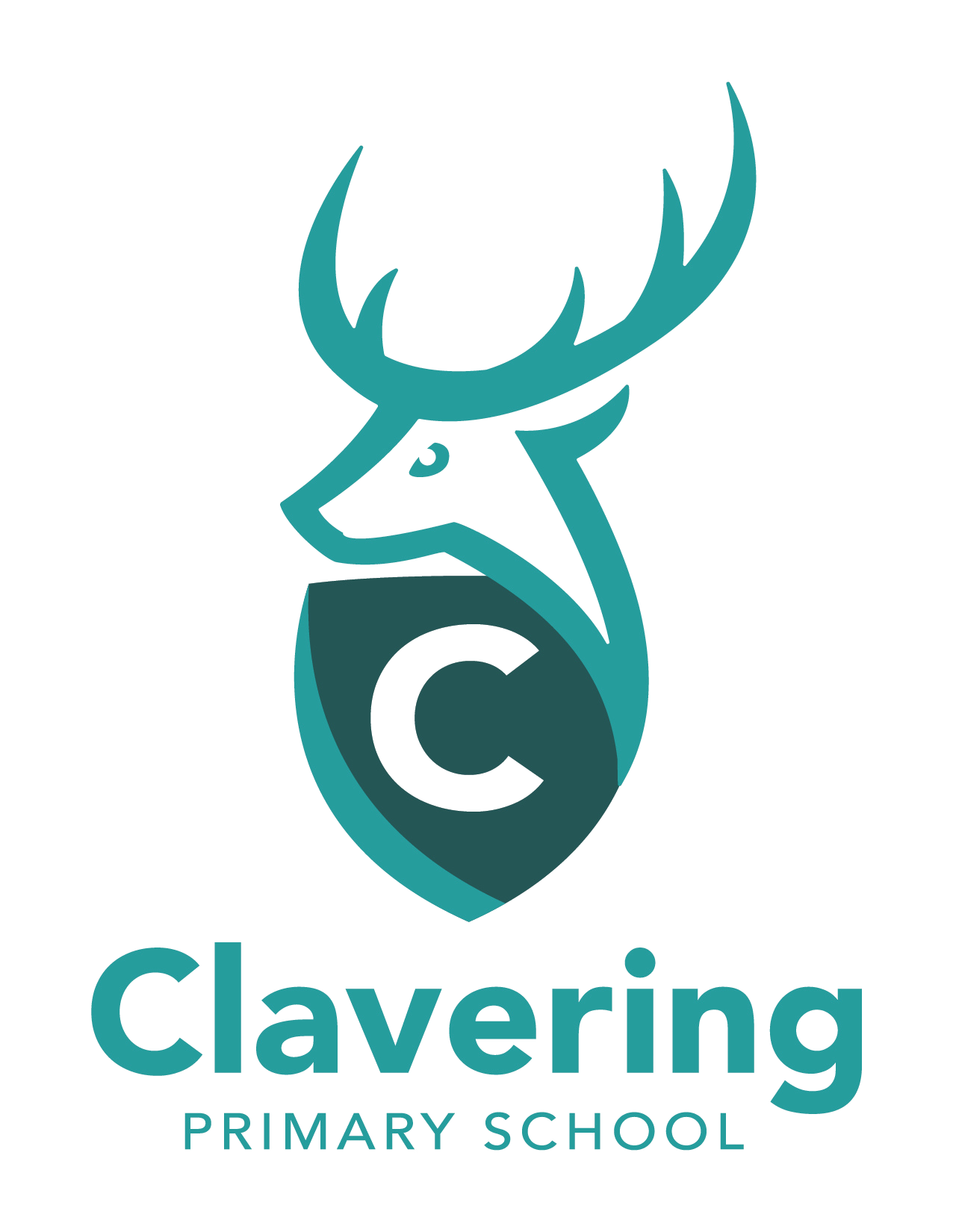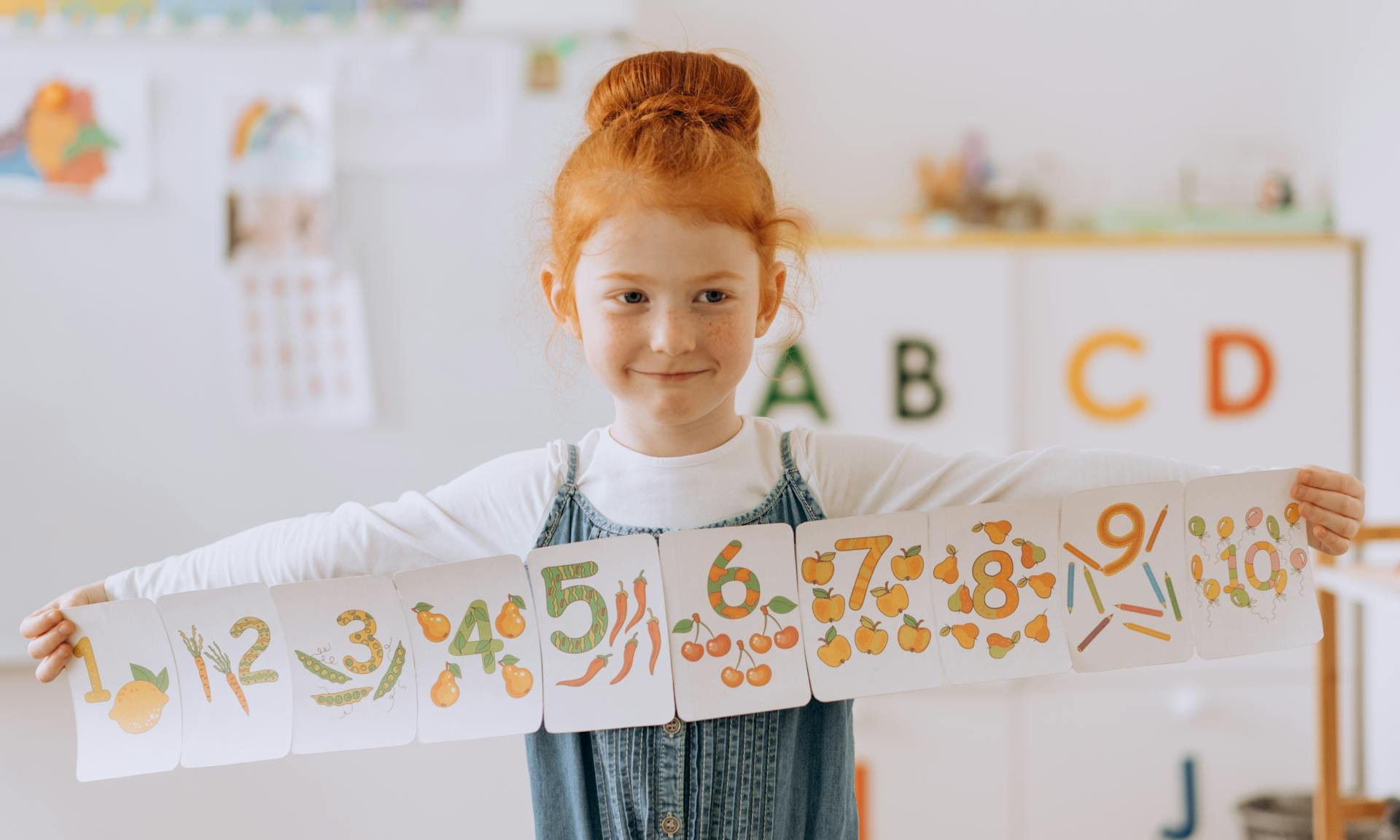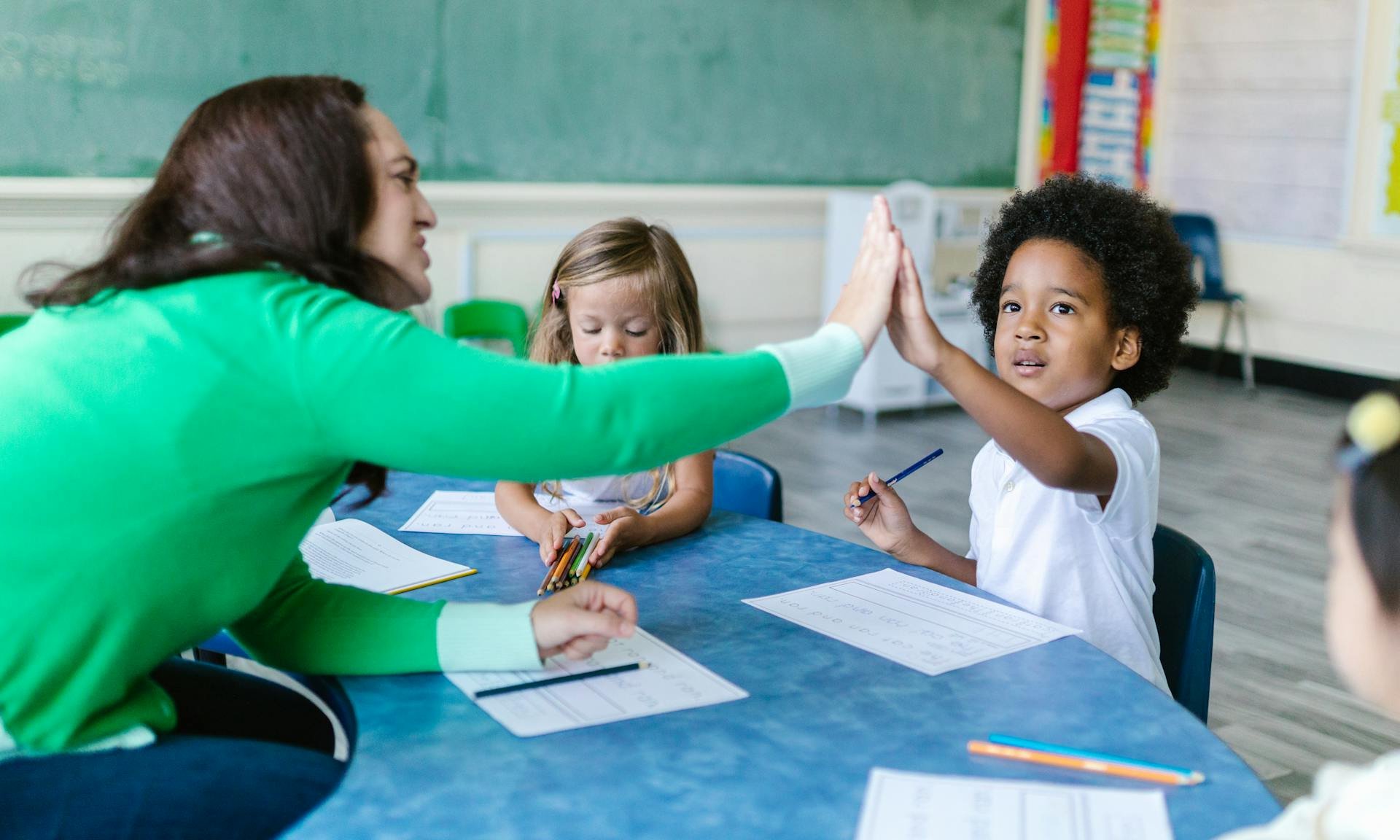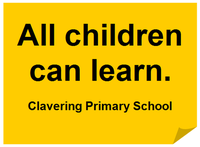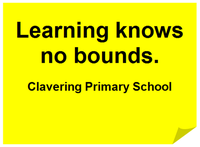Example - a child with a visual impairment:
For example, for a child with a visual impairment we would:
- encourage the wearing of any glasses;
- carefully consider seating and grouping – this may apply particularly when a pupil is using additional technology to ensure they are not separated from their peers;
- use all pupils’ names and give more verbal feedback to compensate for the visually impaired child’s difficulty in seeing body language;
- back up visual information with verbal instructions or descriptions (e.g. reading out loud what is being written on the board);
- provide the pupil with his or her own copy of information;
- ensure that resources are well organised so that the pupil will have independent access;
- make sure that there is good lighting in work areas, with no glare (however, where pupils are photophobic (sensitive to light), they may be more comfortable in a shaded area of the room);
- ensure worksheets are clearly presented, uncluttered and produced in clear, large (standard case) typeface;
- use matt paper because shiny paper may cause glare;
- use specialist equipment (as appropriate) such as talking calculators, magnification aids and ICT;
- give short tasks rather than long ones as visually impaired pupils tire more easily;
- give extra time to complete work;
- liaise very closely with the child’s family and local Visual Impairment Service (note: Clavering currently works with Susan Coulton, Sharon Hull and Alison Brown from the VI Service, based in Middlesbrough).
Obviously, these adjustments are specific to a child with a visual impairment and would, in most cases, be irrelevant to a child who is, for example, asthmatic or epileptic
Other issues worth highlighting:
Emotional and Social Development: The Clavering Curriculum and the additional opportunities available at Clavering Primary School seek to develop all pupils emotionally and socially, including those with any form of disability. Where required, additional pastoral support is made available through access to an appropriate member of staff.
Extra-curricular provision: Clavering children with disabilities have excellent access to educational visits, extra-curricular activities and the school’s residentials in Year 4, Year 5 and Year 6. For example, 100% of pupils with disabilities participate in the school’s intra-school competitive sport programme and no pupil has been denied a place on a school residential because of a disability. In the case of residentials, where necessary, the school’s Residentials Leader meets with the child’s family and, where appropriate, child to discuss the child’s disability and any special arrangements that need to be made. Instructors who we work with in all three of our residentials are always informed of all children’s needs – including medical needs, physical needs, learning needs, dietary needs, etc.
Admissions: Information about admissions of disabled pupils can be found within the ‘Admissions’ webpage on our website.
Accessibility: The school’s current Accessibility Plan can be accessed by clicking here
